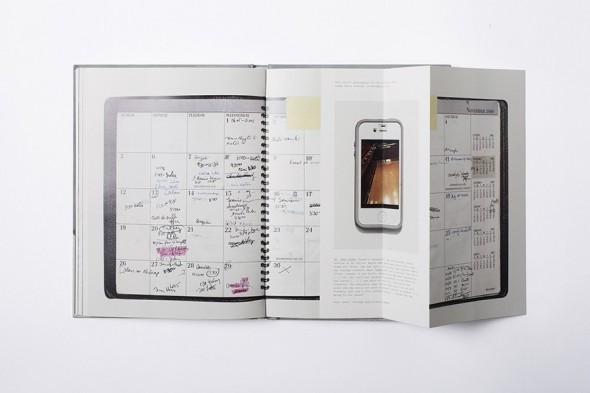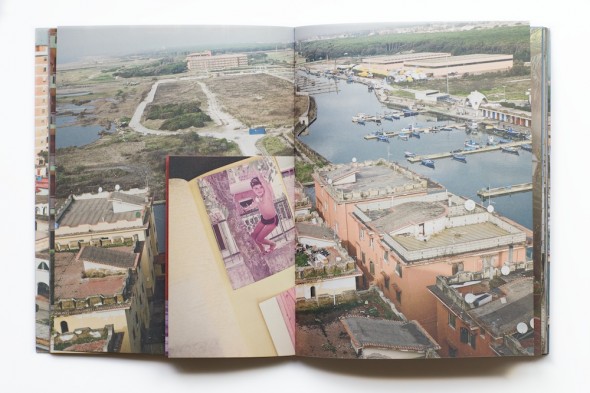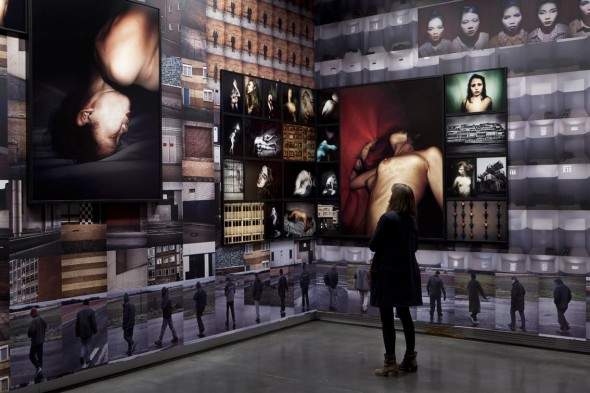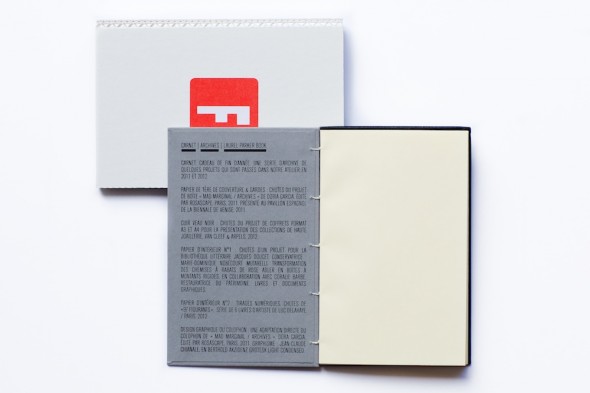
The story that “The Epilogue” is the epilogue to is that of the life and death of Cammy Robinson, an American yound woman, who died of bulimia in 2005 at the age of 26. The photographer did not meet Cammy, and the project took place eight years after her death. Which means that in order to tell the story, Laia Abril had no choice but to use who was left, and what was left, meaning the family members and friends who survived her, as well as the objects and documents which may pertain to her story.

One could fear that including photos of the author as a child would be a gimmick and to fail, had it been just: “look how happy/innocent life was then, and how terrible this place looks now”, illustrated by empty pools, and dilapidated constructions. When in fact Santoro’s work is both deep and complex. The short text opening the book -which refers to a “Kalashnikov shooting” heard by the author- alerts the reader that there is something more at stake here.

A photographic print is in essence on “object” of limited charm, of little potential desirability in its physicality. It is a sheet of paper. Granted this “paper” can have various sizes, as well as various textures, and even weights. Yet it remains a “poor object”. Which accounts for all the efforts put into their presentations, be it in portfolios, or within frames hung on walls.

This year, the very best New Year's "card" i received came from Laurel Parker, a bookbinder with whom I’ve worked over the years -mainly on the “Trimester Prints” project-. As soon as I opened the envelope, I was struck by the care with which the “object” was wrapped. First a wrapping paper, then some white cardboard –with a piece of red tape which said “Fragile”-, protecting what turned out to be a blank hand bound book.



